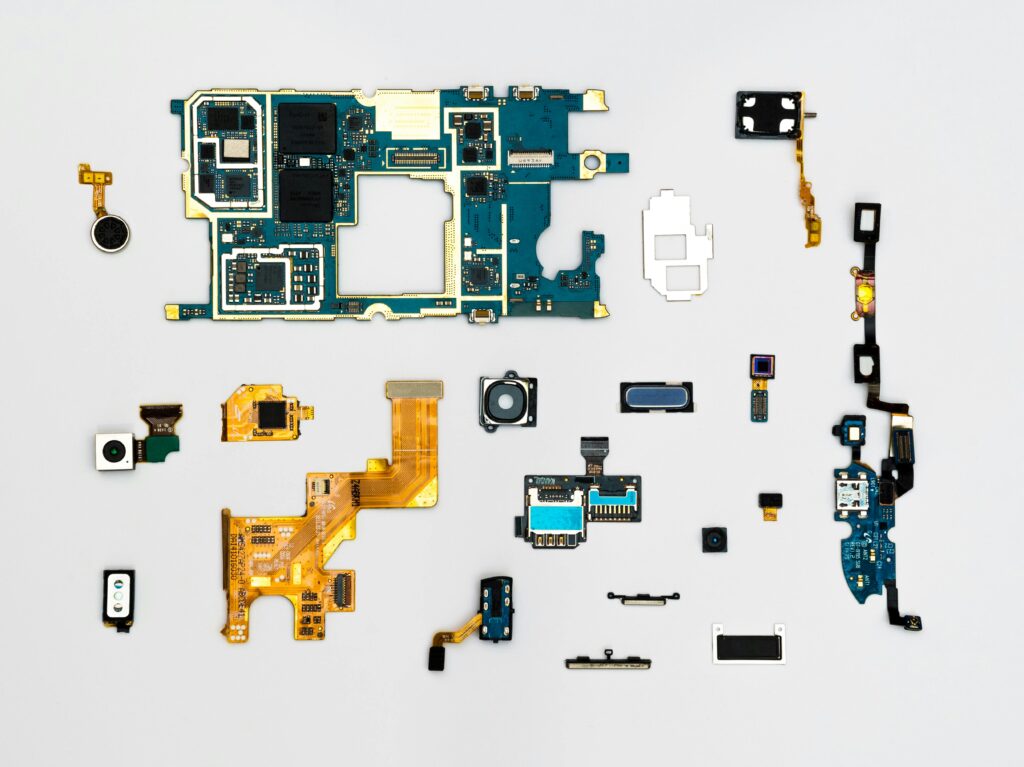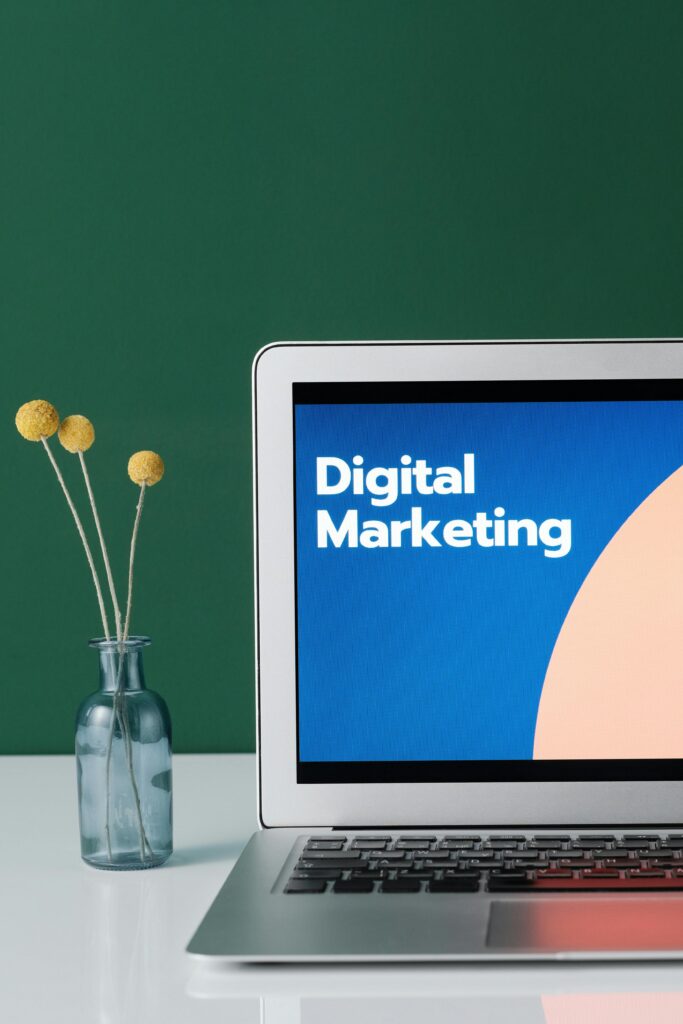Is having a job just enough, or do you need to keep learning? We are living in the times when every job is changing. If you do not adapt to the technology, it will definitely replace you in your job.
So, it is understood that regardless of your current expertise, continuous learning and especially technical skills are necessary.
Now, the question is how to stay current with your technical skills and what skills you need?
This is why we are here.
First off, why are technology skills important?

Just have a look around you. Can you see a future in industries without technology?
? Be it manufacturing, healthcare, supply chain, software, or even food chain, is there anything without technology? No.
Therefore, it is vital that we begin to develop and learn as well. There is only benefit in learning and developing skills; there’s no harm. So why not learn as much as possible?
In any line of work, being open to learning new skills, particularly in the area of technology, will guarantee that your work stays current, increase your employability, make you more desirable for promotions or other career advancement opportunities, and help you become more self-assured and productive in your current role.
Top 6 Technical Skills To Learn Now And Beyond 2025
According to the World Economic Forum, Employers around 60% expect increased digital access to transform their businesses more than any other trend, with equal amounts across industries. And it is not just AI or the internet, but many other skills too.
So, whether you are an employer or an employee, one of the following skills is necessary for you to learn.
- Artificial Intelligence

Professionals with knowledge of computer vision, natural language processing (NLP), and machine learning are very in high demand.
Since AI is still evolving, knowledge of deep learning, AI ethics, and reinforcement learning is highly valued.
The required courses for those subjects might be available on other learning platforms or in Microsoft Learn. Microsoft offers AI training, certification, and skill assessments.
If you did your undergraduate in Computer Science, then doing an MPhil in AI will definitely improve your learning in a very specific niche.
- Computer Skills

You all know that computer skills only bring benefits; there’s no downside to having them.
Technical aptitudes ranging from typing to coding to comprehending Microsoft Office are referred to as computer skills. A general understanding of computer systems will be taken into consideration by employers across a wide range of industries.
With technology affecting all areas of our lives, computer skills have never been more crucial than it is currently.
- Software development

The foundation of the tech sector is software development. The process of designing, developing, testing, deploying, maintaining, and enhancing computer programs and applications is known as software development.
If you are not a professional developer, we do not mean that you must be familiar with programming languages like Python, Java, and JavaScript.
Still, due to many businesses now using DevOps and other agile approaches, some familiarity with development tools and frameworks is required.
- Internet of Things

The Internet of Things (IoT) is a network of physical objects, or things, that are embedded with sensors, software, and other technologies.
Quick access to data from linked devices is feasible through IoT, which enhances responsiveness and decision-making.
The manufacturing sector, healthcare, retail, and other industries have all seen major developments as a result of the Internet of Things (IoT).
Experts with an understanding of sensor networks, data analytics, IoT architecture, and security issues will always be in demand.
- Data Science

Does a data scientist have any scope in the near future?
Yes, the scope for data scientists remains strong in the near future.
A lot of information must be organized, analyzed, quantified, and arranged as part of data science. Organization, reasoning, critical thinking, and a firm grasp of spreadsheets or other data software are necessary for these abilities.
6. Digital marketing

Nowadays, digital marketing can be employed to any industry since it refers to the use of digital channels to promote brands, goods, and services in order to boost a business’s online visibility.
Digital marketing uses technology tools and tactics. For instance, search engine optimization (SEO) and video marketing.
Digital marketing requires a high level of technological proficiency, and the abilities you acquire in this field may be useful in other career paths.
Tips To improve your technology skills

Resources and strategies used to improve technology skills. You can acquire the skills you want with the aid of these resources.
- Take courses to improve with the new update
Computer science or related courses. You can only gain in the long run by accepting a college-level course taught by experts in the field you want to get into.
The fundamental skills required to learn and advance in your career will be taught in these classes.
Particularly when looking for employment in technological fields. Doing your own research is crucial.
- Be enthusiastic
Engage about how you incorporate developing your skills into your everyday life. You stand out when you prove a sincere enthusiasm for learning.
Explain, for instance, that you spend a few hours each week watching instructional videos or that you read one article every day.
Commitment can be proven by expressing how much you enjoy learning new technologies. Always enthusiastic to learn a new skill.
- Certifications
It leaves a good impression when you mention your certifications or ongoing education courses.
This will show your learning skills. Technical certifications from well-known tech companies or specialized training in design, analytics, or coding are examples of this.
Use the new skill
Give use of your newly improved abilities every day. One of the most crucial aspects of learning is practice.
Whether you learn your tech skills through professional classes or experience, practice makes a difference in solidifying what you learn.
Your confidence increases as you acquire new abilities.
Conclusion
Maintaining current IT skills has an impact on your ability to adjust to the ever-changing needs of the tech sector. As a future IT professional, you need to understand how to stay up to date, stay relevant, and develop your abilities.


